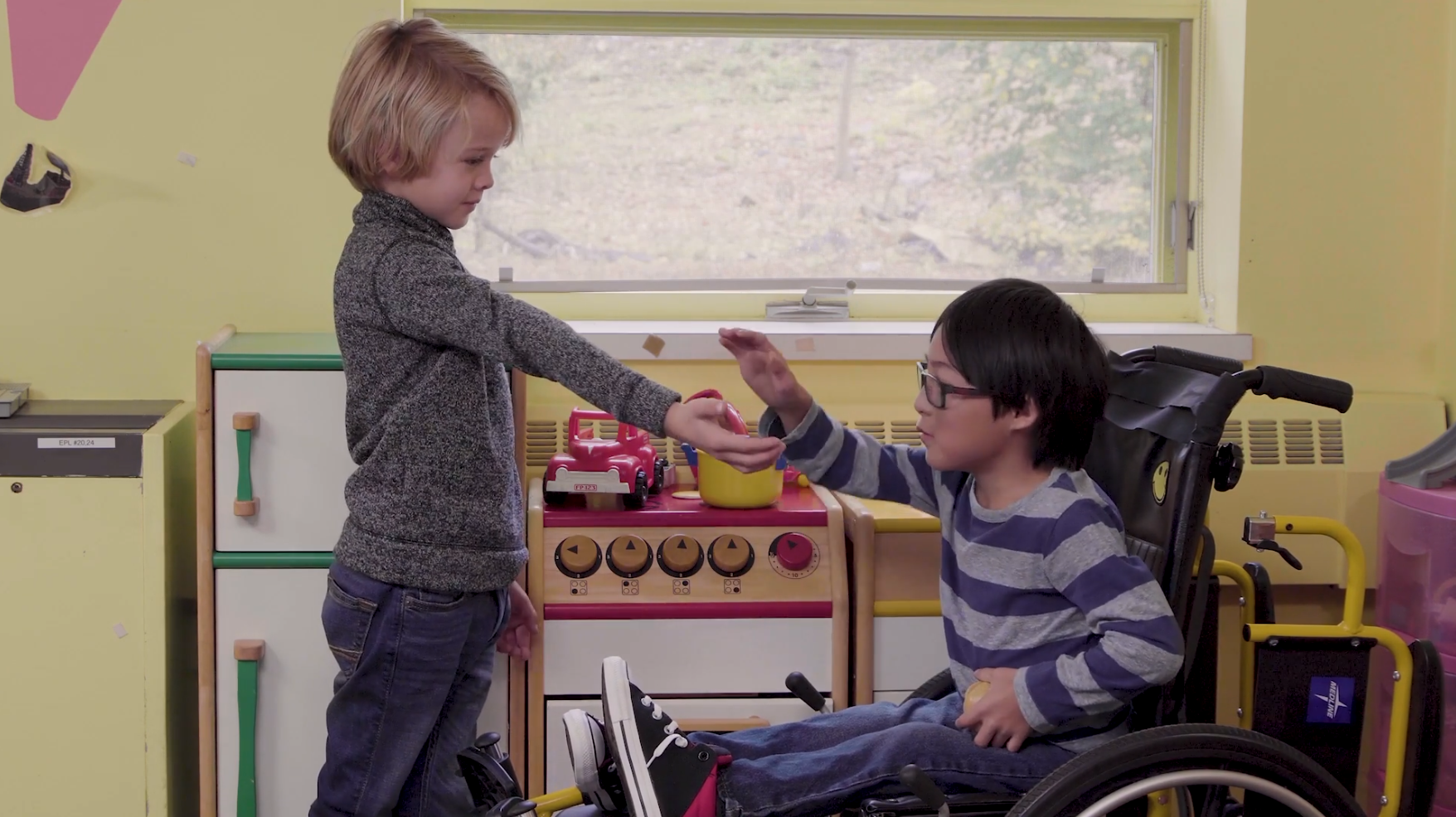
Introduction
In this blog post, we will discuss the importance of teaching students in special education how to stay with the group. Staying with the group is a crucial skill that helps students build social connections, develop empathy, and improve overall communication. By learning how to stay with the group, students can better understand the needs of others and participate effectively in group activities.
No-Prep Activity: The Group Storytelling Game
One simple and engaging activity to teach students the concept of staying with the group is the Group Storytelling Game. This activity requires no preparation or materials and can be easily adapted for students of different ages and abilities.
To begin, have the students sit in a circle. The teacher starts by saying the first sentence of a story, and then each student adds one sentence to continue the story. The goal is for students to focus on staying with the group by keeping their sentences related to the story and paying attention to the previous sentences.
This activity helps students practice staying with the group by encouraging them to listen carefully to their peers, maintain eye contact, and contribute relevant ideas to the group discussion.
Discussion Questions
- Why is it important to stay with the group during group activities?
- What are some strategies you can use to help you stay focused during group activities?
- How can staying with the group help you build better relationships with your peers?
- What might happen if someone doesn’t stay with the group during a group activity?
- Can you think of a time when you successfully stayed with the group? How did it feel?
Related Skills
In addition to staying with the group, there are other essential social-emotional skills that students in special education can benefit from learning. These skills include:
- Active listening: Paying close attention to what others are saying and demonstrating understanding through verbal and nonverbal cues.
- Empathy: Understanding and sharing the feelings of others, and being sensitive to their emotions.
- Collaboration: Working effectively with others to achieve a common goal, and valuing the input of all group members.
- Self-regulation: Managing emotions, thoughts, and behaviors in different situations, and being able to adapt to change.
Next Steps
Teaching students in special education the skill of staying with the group is a valuable investment in their social-emotional development. To further explore this skill and other related skills, you can sign up for free samples of these resources and more at Everyday Speech. By incorporating these resources into your teaching, you can help your students build strong social connections and improve their overall well-being.





